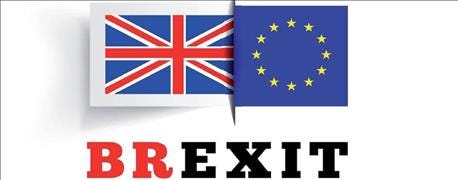
If the British actually leave the European Union, as they voted a few days ago to do, it could offer opportunities for US agriculture, says one economist.
Leaving the EU means the United Kingdom will also be leaving behind many of the trade agreements to which it was tied by that membership, says Brian Williams, agricultural economist at Mississippi State University.
That includes agreements made between the EU and the US, Williams reminds.
"On the positive side, that leaves the UK with more freedom to negotiate its own trade agreements with the US and may be able to avoid the restrictive policies toward US beef in any new trade agreements," he says.

In recent years, Williams adds, US beef trade with the United Kingdom has been limited but growing. The US exported 3.668 million pounds of beef to the UK in 2015, up from 913,000 pounds in 2014 and 502,000 pounds in 2013.
While U.K. imports currently pale in comparison with countries such as Canada, Mexico, and Japan, the ability to directly negotiate with the US without interference from its other European counterparts could eventually boost US beef exports to the UK, Williams suggests.
In the short run, the "Brexit" vote caused a drop in cattle markets as traders feared that falling stock markets could put a damper on beef demand. But the Dow Jones Industrial Average and other major stock indexes has fully recovered, and the effect on cattle markets didn't seem to last long at all.
"In the days following the vote, other factors took hold in the cattle markets and traders have essentially forgotten the vote," Williams says. "Ultimately ... the UK's vote to leave the EU will not change the cattle market fundamentals. Factors such as feed prices, herd size and growth, and domestic consumer demand -- among other things -- will continue to be the drivers behind cattle markets.
The overall state of the economy may be the biggest hindrance to cattle markets in the short run. Chris Swift, who blogs regularly for Beef Producer and sends out daily email market comments to subscribers, suggests in his July 6 comments that overall financial uncertainty may be hindering moves up or down.
"There are intuitive feelings on edge due to the financial situations of countries around the world, as well as ours," Swift says. "This alone may be keeping fund money or just money in general from flowing into cattle futures."
About the Author(s)
You May Also Like




